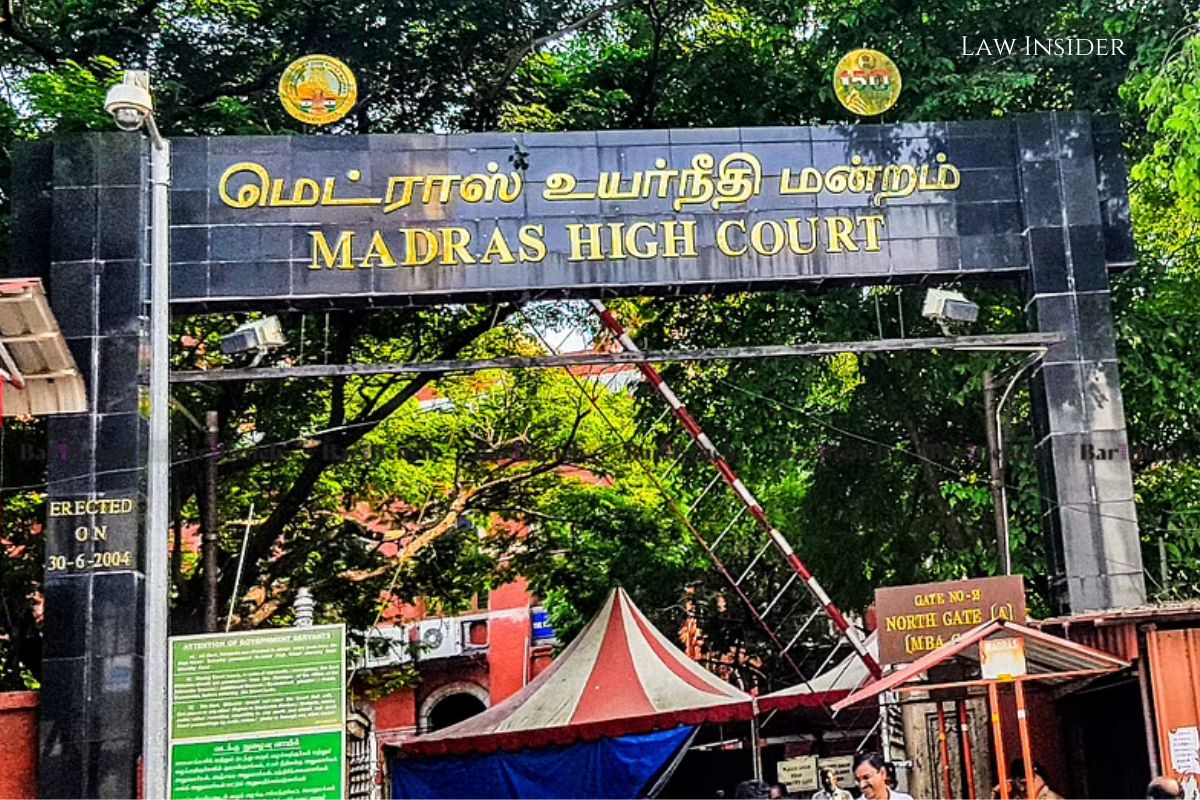Akansha Upadhyay
Published on: 17 November 2022 at 23:21 IST
The Madras HC ruled that the DGFT in exercise of its power to clarify the doubts regarding the interpretation of the Foreign Trade Policy.
The petition filed in contended that the DGFT lacked the power to amend the FTP and that only the Central Government could do so. The petitioners also contended that the decision of the Central Government was beyond the scope of the powers vested in the DGFT and had no statutory backing.
The single bench of Justice N. Sathish Kumar noted that the FTP 2009-2014 provided for grant of Status Holder Incentive Scrip (SHIS), an export incentive, to the entire Plastic sector. The Court held that the DGFT cannot restrict the said incentive to the plastic products falling under a particular Serial Number under the ITC HS Classification, in the absence of any amendment in the FTP.
The petitioner- M/s. Polyhose India Private Limited, is an exporter of Thermoplastic High-Pressure Hoses and operates as a 100% Export Oriented Unit (EOU). The petitioner made an application before the respondent- the Additional Director General of Foreign Trade, seeking to avail the benefits of Status Holder Incentive Scrip (SHIS), in accordance with the Foreign Trade Policy (FTP) issued by the Government of India. The SHIS is an export incentive scheme, granting a status holder a Duty Credit Scrip.
The application of the petitioner was rejected on the ground that the petitioner was operating as a 100% EOU. Against this, the petitioner filed a writ petition before the Madras High Court, seeking a direction to the respondent to issue the SHIS (Status Holder Incentive Scrip) in accordance with the Foreign Trade Policy.
The respondent/ Additional DGFT averred that the benefit of SHIS is restricted to plastic products which are classifiable under Headings 3901 to 3914, as specified under Notes in Chapter 39 of ITC HS Classification. It argued that since the products exported by the petitioner did not fall under the said Heading, it was not eligible for the benefit of SHIS.
To this, the petitioner contended that there is no provision under the FTP which restricted the benefit of SHIS to plastic products falling under Headings 3901 to 3914.
The High Court observed that the application of the petitioner was rejected on the ground that it was a 100% EOU. However, it noted that before the High Court, the respondent had taken a fresh ground, contending that though the plastic sector is included in the Foreign Trade Policy, only certain category of plastic was eligible for the SHIS incentive.
Further, the bench took into account that the respondent had issued a letter, contending that though plastic is included at Para 3.16.4(v) of FTP, only plastics falling under the Heading 3901 to 3914 were eligible for SHIS.
The Court referred to Section 5 of the Foreign Trade (Development and Regulation) Act, 1992 (FTDR Act), which provides that the power to amend the foreign trade policy is only vested with the Central Government.
The bench added that the power to amend the FTP has not been granted to the Director General of Foreign Trade (DGFT) under Section 6 of the FTDR Act, which deals with the functions of the DGFT.
Hence, the Madras High Court ruled that the DGFT, in exercise of its power to clarify the doubts regarding the interpretation of the FTP, cannot amend the very policy itself.
Thus, holding that the petitioner was entitled to the SHIS incentives as per Foreign Trade Policy, the Court allowed the writ petition and directed the respondent to grant the incentives to the petitioner.

